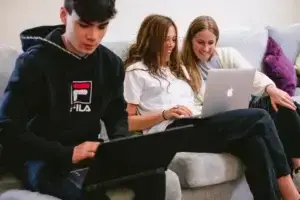
The Pedagogical Benefits of Targeted Intervention for A-Level Students
As students transition from GCSEs to A-Levels, preparation becomes crucial for the challenges ahead. However,
The last couple of years have presented everyone with an opportunity to pick up and develop new skills… or at least that is a very charitable description of 2020/2021.
As a teacher, the biggest shock for me, and a lot of us, I am sure, was being pushed out of the classroom for the regular lessons:
Zoom, Teams, Meet, breakout rooms, “sorry I was muted”, “would you mind switching your camera on”, “raise your digital hand” and “share your screen” – all embedded themselves into our daily lives in record time.
It truly was a genuine celebration to see my students, face-to-face, again.
So why did I spend about a week of my life since Christmas in a darkened classroom, staring down the lens of camera, without a single student in sight (not counting two camera operators, a producer and a director all staring back from the shadows)?
Main reason, I suppose, is that if you take the compounding circumstances of a global pandemic out of the equation – digital education is not that bad. I would go further and say that digital education can be immensely powerful when done well.
Our take on “digital education done well” included choosing to record a series of video lessons for each subject, which, in turn, involved studio lighting, a camera crew and writing the scripts for each video. Now, as teachers, we have done our fair share of lesson planning – but scripting every word that is about to go onto film? – that is a new challenge, even for the teaching veterans amongst us.
And what a great challenge that was! Giving away a bit of a trade secret – teachers improvise a lot during a lesson. Every class is different, every explanation has a different response – we have to adapt and change our teaching on the fly. We are also human: we slip up, we make mistakes and we stumble over our own words – and this is where the students play their role in their own learning. We rely on eyes being rolled, shoulders being shrugged, pencils being dropped, and clocks being watched to tell us what we should do next in the lesson.
To write a single script for one of our video lessons, we had to visualise all the classes that we taught in the past, and those that we might teach in the future – and speak to them. We had to choose our words very carefully, anticipating the questions and replying to them. We had to be accurate (very-very accurate) in what we say to commit the best version of the lesson to film. We also had to select the best version of every terrible pun and unfunny joke to be immortalised in our work.
We then had to explain to the animators all the images in our heads that we usually try to convey by frantically waving our hands in a normal lesson.
I know I learned a lot about Mathematics from this process, hopefully my digital students will too.

As students transition from GCSEs to A-Levels, preparation becomes crucial for the challenges ahead. However,
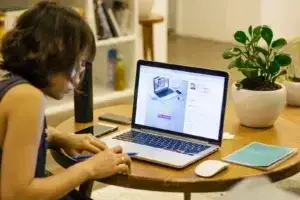
In Easter 2022, a number of students from external schools joined us at Rugby School
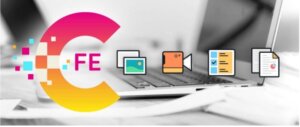
Rugby School Online is delighted to be partnering with the Blended Learning Consortium to expand
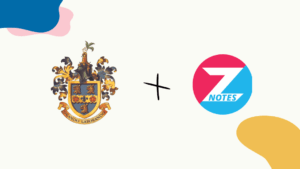
ZNotes addresses the uneven playing field of standardised testing with a student-empowered and technology-enabled approach
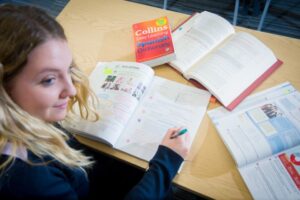
So, you have either worked incredibly hard at GCSE’s or have just finished tackling Year
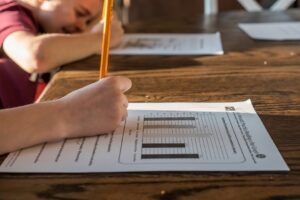
They don’t have to. They could pass the exams just fine, having left all revision